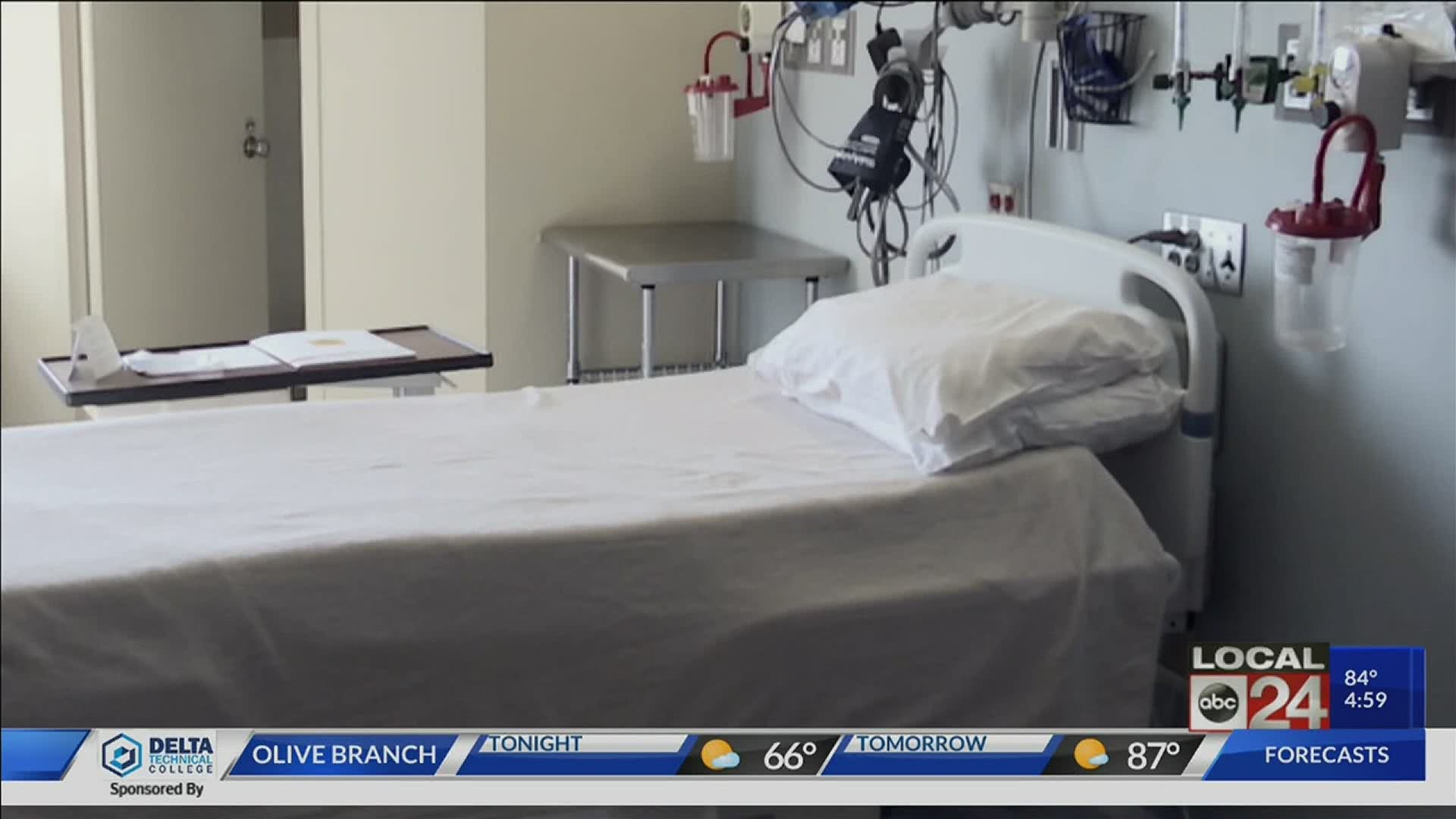MEMPHIS, Tenn. — "We are all going to have to get comfortable with being uncomfortable," Dr. Altha Stewart with UTHSC said.
A diverse group with diverse backgrounds sought common ground Wednesday on how to close local racial inequalities with health care access.
"Many of my patients can't receive treatment because they can't make it in for treatment, and I think you see that play out in the COVID crisis as well," Dr. David Schwartz said.
"You don't have doctors in the community. They don't see that black doctors are possible for them," Pastor Charlie Caswell said.
The virtual panel discussion especially focused on uneven mental health access in Memphis' minority areas. Memphis Police Director Mike Rallings said instead of counseling or treatment, many issues instead escalate to 911 calls.
"This is just an unbelievable, insurmountable pressure on law enforcement," Director Rallings said.
The MPD director said last year, the department's Crisis Intervention Team responded to more than 24,000 calls, which led to more than 6,000 transports to mental health providers and more than 500 criminal charges.
"People say, 'well no one trusts the police.' 24,000 people do and they call us in a crisis," Director Rallings said.
Longtime counselor Willie Henry said much of the local mental health burden is rooted early on with poverty.
"Today, people living in food deserts, worrying if they are going to get the right kind of food or get food all, that's stressful," Henry said.
Hundreds of UTHSC students and faculty followed Wednesday's virtual forum addressing systemic racism in local health care. Similar discussions are planned in the weeks ahead.

